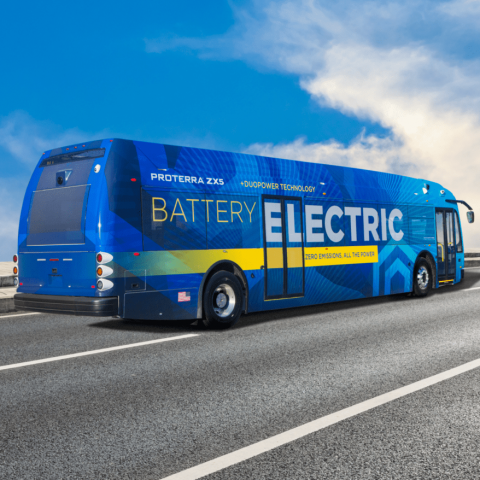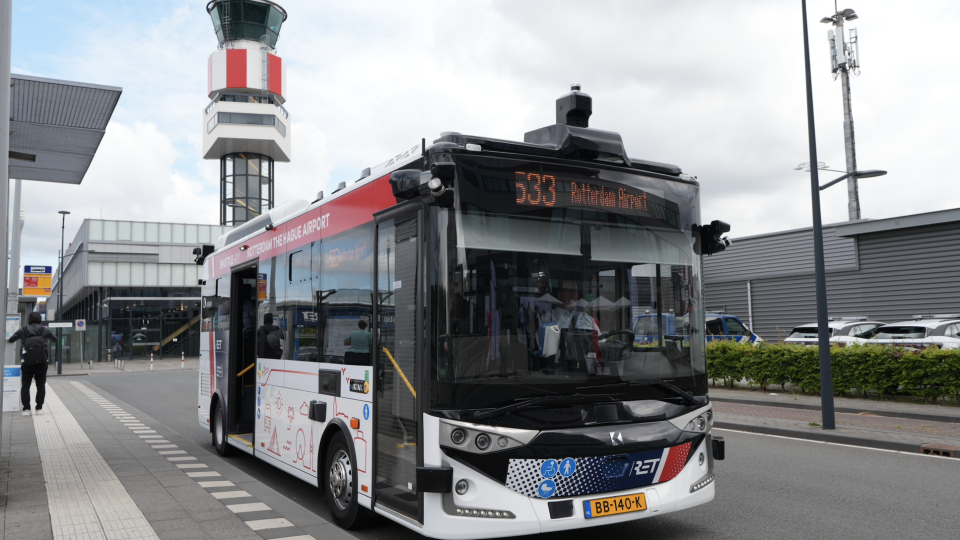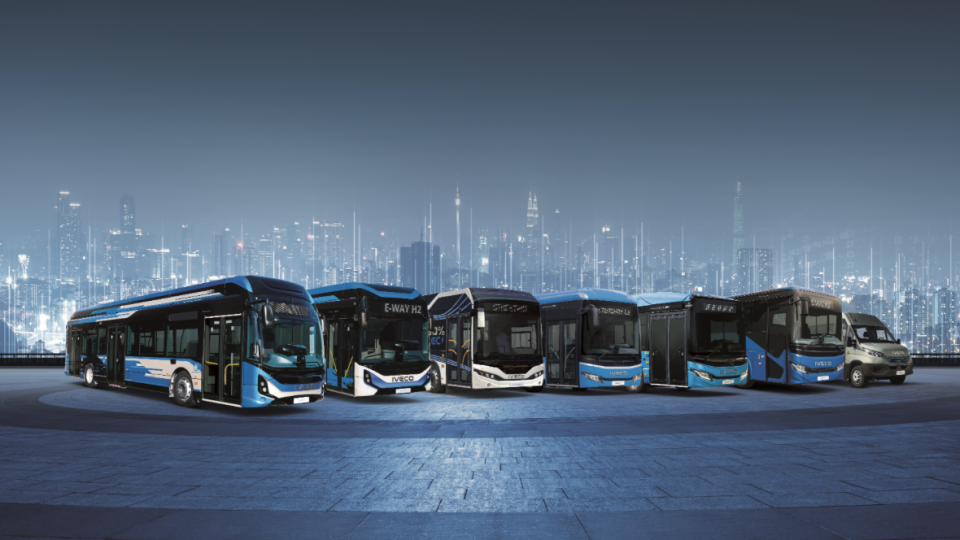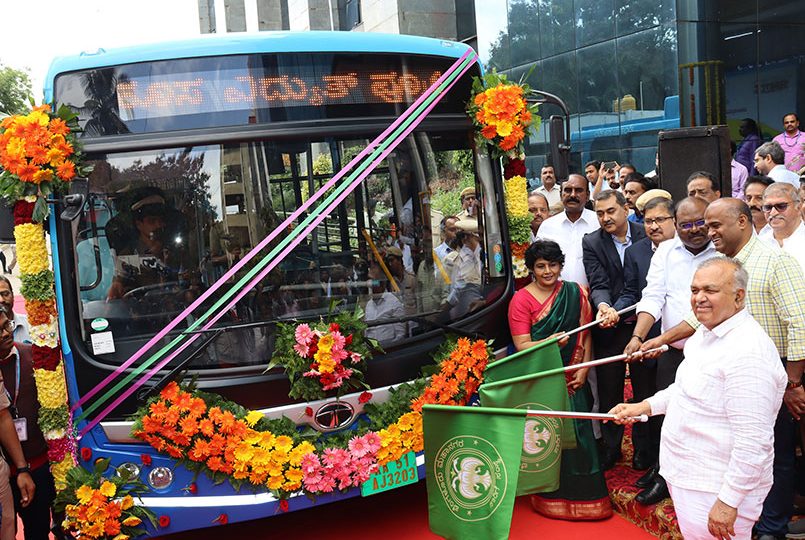FTA announces $1.47 billion grants for low and zero emission buses and facilities
$1.47 billion in competitive grant funds to help modernize bus fleets and facilities across the United States was announced on 7th March by U.S. Transportation Secretary Pete Buttigieg and Federal Transit Administration Administrator Nuria Fernandez at an event with Vice President Kamala Harris. The combined announcement is the first FTA competitive grant opportunity under the Bipartisan Infrastructure […]

$1.47 billion in competitive grant funds to help modernize bus fleets and facilities across the United States was announced on 7th March by U.S. Transportation Secretary Pete Buttigieg and Federal Transit Administration Administrator Nuria Fernandez at an event with Vice President Kamala Harris.
The combined announcement is the first FTA competitive grant opportunity under the Bipartisan Infrastructure Law. As part of FTA’s commitment to helping transit workers prepare for technological advancements, five percent of each grant under the Low-No program must be used for workforce development and training. FTA’s new Transit Workforce Center will also be releasing tools to help agencies do this.
FTA funding available
FTA’s Low or No Emission (Low-No) Grant Program makes funding available to help transit agencies purchase or lease U.S.-built low or no emission vehicles that use advanced technologies, including related equipment or facilities, for transit revenue operations. The Bipartisan Infrastructure Law provides $5.5 billion over five years for the Low-No Program—more than 10 times greater than the previous five years of funding. For Fiscal Year 2022, approximately $1.1 billion will be available for grants under this program.
FTA’s Grants for Buses and Bus Facilities Program makes funding available to help transit agencies purchase and rehabilitate buses, vans, and related equipment, and build bus facilities. The Bipartisan Infrastructure Law provides nearly $2 billion over five years for the Bus and Bus Facilities Program. For Fiscal Year 2022, approximately $372 million for grants will be available under this program.
FTA largest ever investment for buses and facilities
“This is another example of President Biden’s Bipartisan Infrastructure Law in action. We’re making the largest ever investment in this program for buses and bus facilities, helping to deliver better commutes and cleaner air to American communities,” said U.S. Transportation Secretary Pete Buttigieg.
“Manufacturing thousands of new, American -built buses will create jobs all over our nation, offering cleaner, faster and safer rides as we move toward a better transportation future,” said FTA Administrator Fernandez. “When transit agencies are applying for these grants, they will propose projects that address climate change, improve air quality, open new opportunities and include workforce training to help workers transition to operating and maintaining these new, clean energy fleets.”








